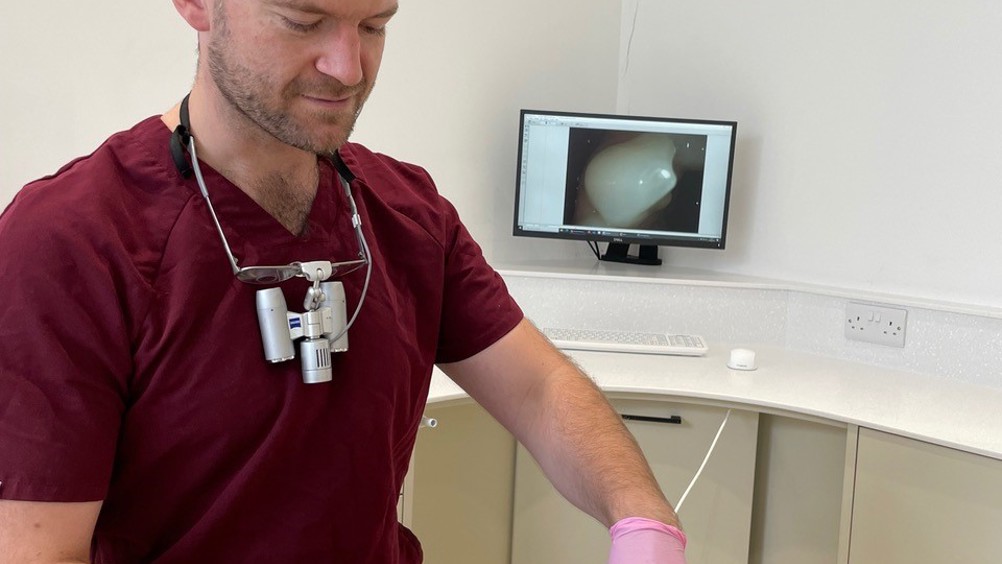Is your practice powered by innovation?

George Cheetham explains why forward-thinking practitioners would be wise to keep pace with new technology.
George Cheetham explains why forward-thinking practitioners would be wise to keep pace with new technology.
Up until now, investment in technology across dentistry has been slow. As an industry, we need to work harder to change the attitude of our patients – and technology can play a vital role in this process. Do patients now expect high quality technology? The short answer is probably not (yet). There are too many dental practices out there that haven’t invested enough in technology to change patients’ expectations when visiting the dentist.
Our patients are positively surprised by the type of technology we have invested in at Fulham Road Dental. They love, for example, that they can simply watch Netflix – and this drives a great patient experience, powers positive word of mouth and, ultimately, increases patient numbers. As a squat practice, we believe it is very important to invest in key technology as we try to differentiate ourselves and grow our patient base. Embracing digitalisation is one of the easier ways to achieve this objective.
Register now to continue reading
WHAT’S INCLUDED
-
Unlimited access to the latest news, articles and video content
-
Monthly email newsletter
-
Podcasts and members benefits, coming soon!
